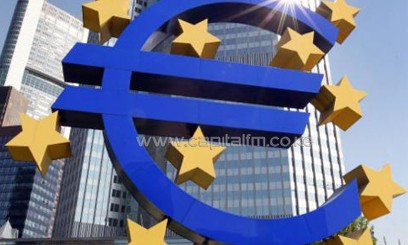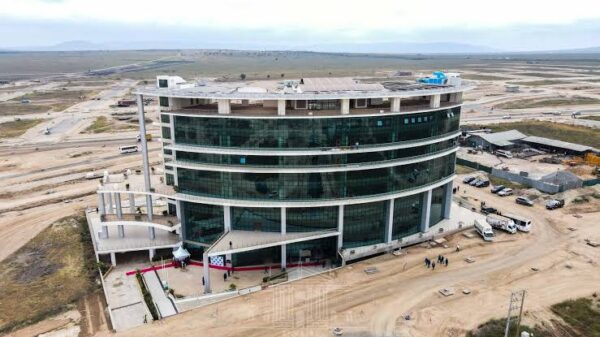
Commission said eurozone joblessness this year would hit a record 12 percent and 11 percent across the whole 27-member EU. The rates vary hugely, with an alarming 27 percent in Spain and a low 4.7 percent in Austria/FILE
Economic output in the 17-nation area — home to 340 million people and a global rival to the United States, Japan and emerging giants — will shrink by 0.4 percent this year, the European Commission said, worse than the 0.3 percent forecast in February and after a 0.6 contraction last year.
Record unemployment in the single currency area will endure, the Commission’s spring forecasts showed, with strong divergence between richer eurozone states to the north and members to the south mired in deep recession.
Repeating its last estimate, the Commission said eurozone joblessness this year would hit a record 12 percent and 11 percent across the whole 27-member EU. The rates vary hugely, with an alarming 27 percent in Spain and a low 4.7 percent in Austria.
“In view of the protracted recession, we must do whatever it takes to overcome the unemployment crisis in Europe,” EU Economic Affairs Commissioner Ollie Rehn said in statement accompanying the Commision’s latest economic forecast for the euozone and full European Union.
“In Spain and Greece unemployment rates are at unbearably high levels,” Rehn said at a news conference.
France, which has barely avoided recession despite significant headwinds, will in the end shrink by 0.1 percent in 2013 as weakness in household demand, a key economic driver, finally takes its toll. France will then rebound to 1.1 percent growth in 2014, the data said.
But France will widely miss its commitment to meet the EU’s 3 percent of GDP deficit ceiling and will post a 3.9 percent deficit this year and 4.2 percent shortfall next year.
Spain will continue a hard slog from its crisis, brought on by the 2008 implosion of a decade-long housing bubble, and should contract by 1.5 percent in 2013 before reversing to 1.4 percent in growth in 2014.
But Spanish public finances will remain dire well into next year with a government deficit of 6.5 percent in 2013 expected to worsen in 2014 to 7.0 percent as certain measures expire.
The crisis will be hugely felt in recently bailed out Cyprus where output is expected to contract by 8.7 percent this year in the wake of a severe restructuring of the island nation’s key banking sector, including a controversial “haircut” on deposits.
The Cypriot recession will prolong into 2014 and beyond, the Commision said, with the economy expected to contract by an overall 15 percent between 2012 and 2015.
In a rare glimpse of encouragement, the Commission saw recovery in Greece by the end of the year after six consecutive years of recession. The country is forecast to eke out 0.6 percent growth in 2014, after contracting sharply by 4.2 percent this year.
With signs of recovery still wanting, eurozone members are caught in a fierce debate over the way out of the crisis, with hard-hit countries to the south clamouring for an end to austerity policies championed by Germany and like-minded states to the north.
The latest raft of grim data for the embattled continent comes a day after the European Central Bank cut interest rates to a new record low in an effort to do its part to unwind a crisis now in its third year.


































